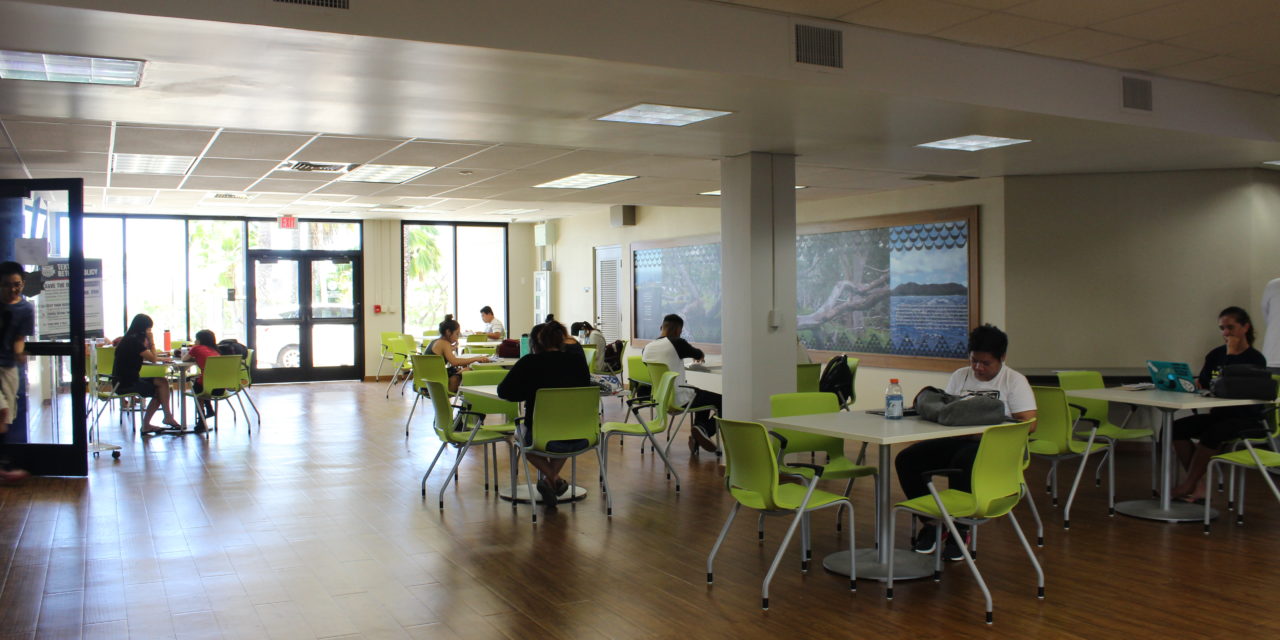By Annabella Naipo | Contributing Writer
High school.
Did that bring back some memories? For most, it probably does. But, college will soon be the source and cause of inescapable flashbacks. Since the former comes, well, first, then it’s expected that it would serve as the perfect transition into the latter.
But, while it does do some great things to assist students, it also falls short in a few categories.
Here are five ways that prove high school leaves us unprepared for college.
1. Applying is easy, but then you get in …
A lot of high schools focus on making sure that their seniors apply for college. For some private schools, it’s a requirement for graduation. They provide guidance classes that usually start junior year – possibly even earlier – and the dreaded PSAT’s gracefully make their appearance in sophomore year. While students are expected to stay on top of their work, they’re also expected and reminded to keep college in the back of their minds from the moment they step foot into that first class freshman year.
But, while students know exactly how to apply, as well as what deadlines to follow and how to research the perfect school, most aren’t sure what happens once they get in. There’s the stressful and emotional days of packing and getting ready for the dorm life, having to be able to feed and clean up after ourselves, and also, the stress that the finances may – and probably will – put on the family as well as our own well-being.
Being an adult can be much more difficult than parents make it seem, and students hadn’t realized that before, they should know before they’re thrust into the new life of having to take care of everything themselves. However, there is an unfair amount of surprise due to the lack of warning. All the extra classes and extra lectures about college aren’t about what happens during the experience, nor what students can actually expect as their student careers take on a whole plate of new challenges; they’re only expected to help get students into college, leaving most unprepared for what happens afterwards.
2. Finances
In addition to teachers and counselors getting students to apply to college, they may also be mentioning scholarships and helping students sign up for some. But, when students aren’t able to get those scholarships, most students are left clueless about the actual process of getting a loan, nor how to do it themselves without intensive research done on their own. It’s confusing, especially with the differences between private and federal loans, as well as the differences between a fixed-rate and a variable-rate (if you need help, here’s a handy dandy website that can help out with the basics). Taking an economics class could probably help with that, and it’s usually a required course for many high schools. However, courses on economics are more focused on how a business makes money and what supply vs. demand is. Meanwhile, the classes that answer questions like, “how do I pay taxes?”, “how can I avoid debt?”, and “how do I write a check?” are – you guessed it – not required, therefore, entirely off high school students’ radars.
3. Equality is at a whole new level
There were always those “overachiever” classmates that bragged about all of their extracurricular activities and how it was going to get them into Harvard or Yale. Well, you can take comfort in the fact that they just got a huge wakeup call. Entering college is like a complete wipe of history off your computer. You got that super amazing score on the SAT, but guess what: so did everyone else. All of your high school achievements got you into the college of your dreams, but once you step foot on campus, everyone there is exactly like you and did all of the same things you did. You’re no longer that special kid, and on the other side of the spectrum, you’re no longer the only outcast or the only one that struggles with grades.
College provides a whole bunch of extra room for equality, and significantly less space for the superficial ideal of popularity that provides a caste-like feel during high school. But, nobody wants to tell that unfortunate news to a bunch of excited and happy high school students.
4. Freshman 15
With the earlier problem of finances, and, consequently, the uncertainty of how to deal with it, the easy fix is to adopt frugality. College is a time when students are spending the most amount of money, but also saving the most amount of money. However, what comes with choosing the cheaper option is getting lower quality. Specifically, unhealthier foods.
While eating all that ramen is super cheap, it’s also incredibly high in sodium. Half of the Top Ramen packs already meet 38% of daily sodium intake recommendations. So, a full block of noodles is 76%. High sodium intake can lead to metabolic syndrome, as well as high blood pressure and a risk for obesity.
It’s so easy to fall into the habit of unhealthy eating, but most students aren’t aware of that without nutrition being a focus of the high school curriculum, leading to the notorious “freshman 15”.
5. WARNING: Focus Shift Ahead!
Petty high school drama is so real. Take any human development class on campus and you’ll soon learn just how hormonal and egocentric teenagers are. So, when students leave high school and are thrown into a sea of peers that have gained control of those pesky hormones, some challenging times of self-reflection is sure to ensue, as well as being looked down upon by some others.
Sure college is known for the time of parties and experimentation, but it’s also the time when people are deciding what to do with the rest of their lives and are focused on getting that degree that will get them the job of their dreams. Their time isn’t dedicated to drama and whether Brad cheated on Tina or if Cheryl so totally spread that rumor about Nicole.
College is the time when focus should shift from addiction to social life, to seriously planting down the building blocks for that career. Of course, students fresh from high school may not be so prepared for this shift in social dynamics, because nobody told them they should be!







It’s remarkable in favor of me to have a web page, which is useful
for my experience. thanks admin